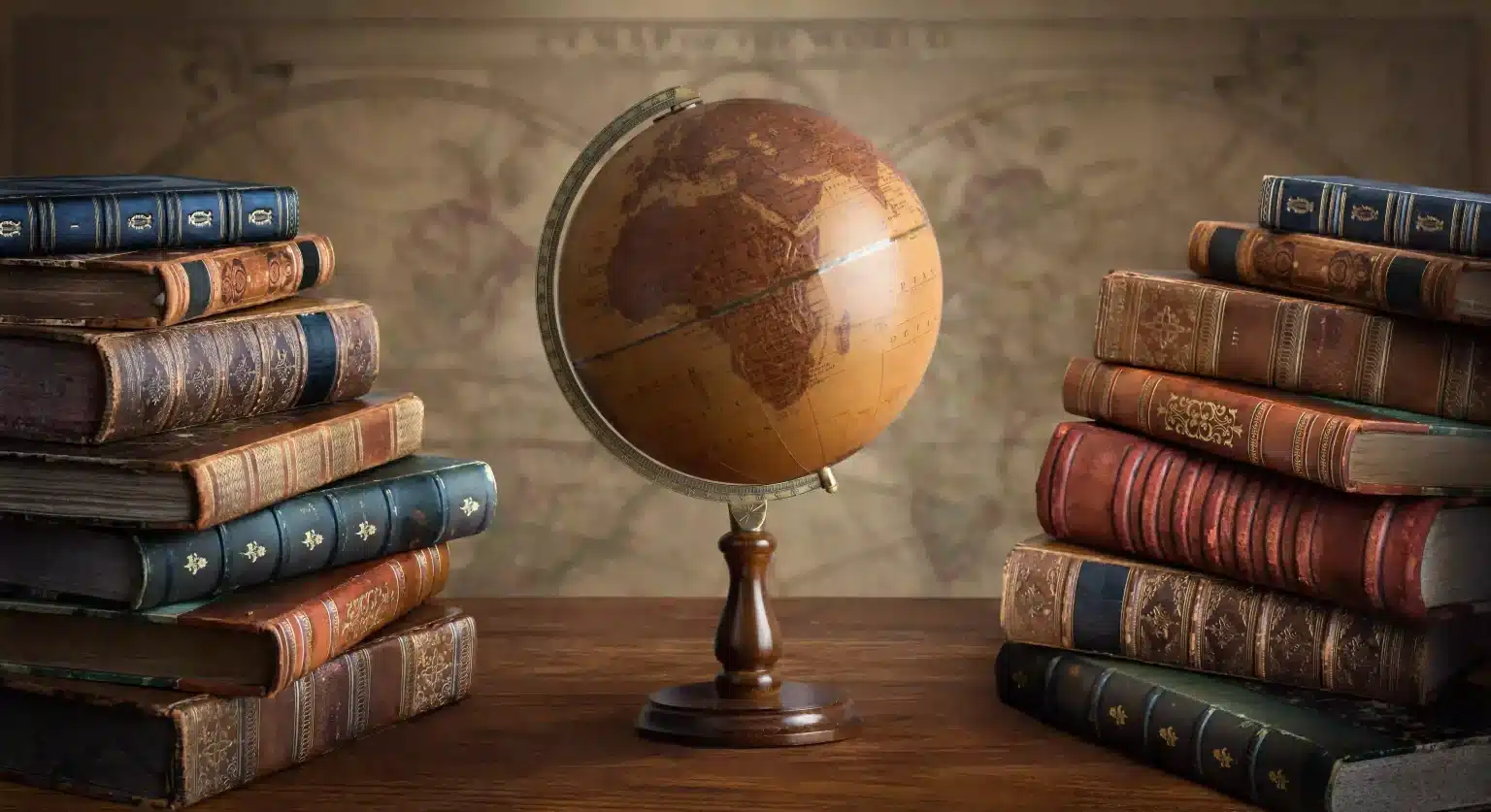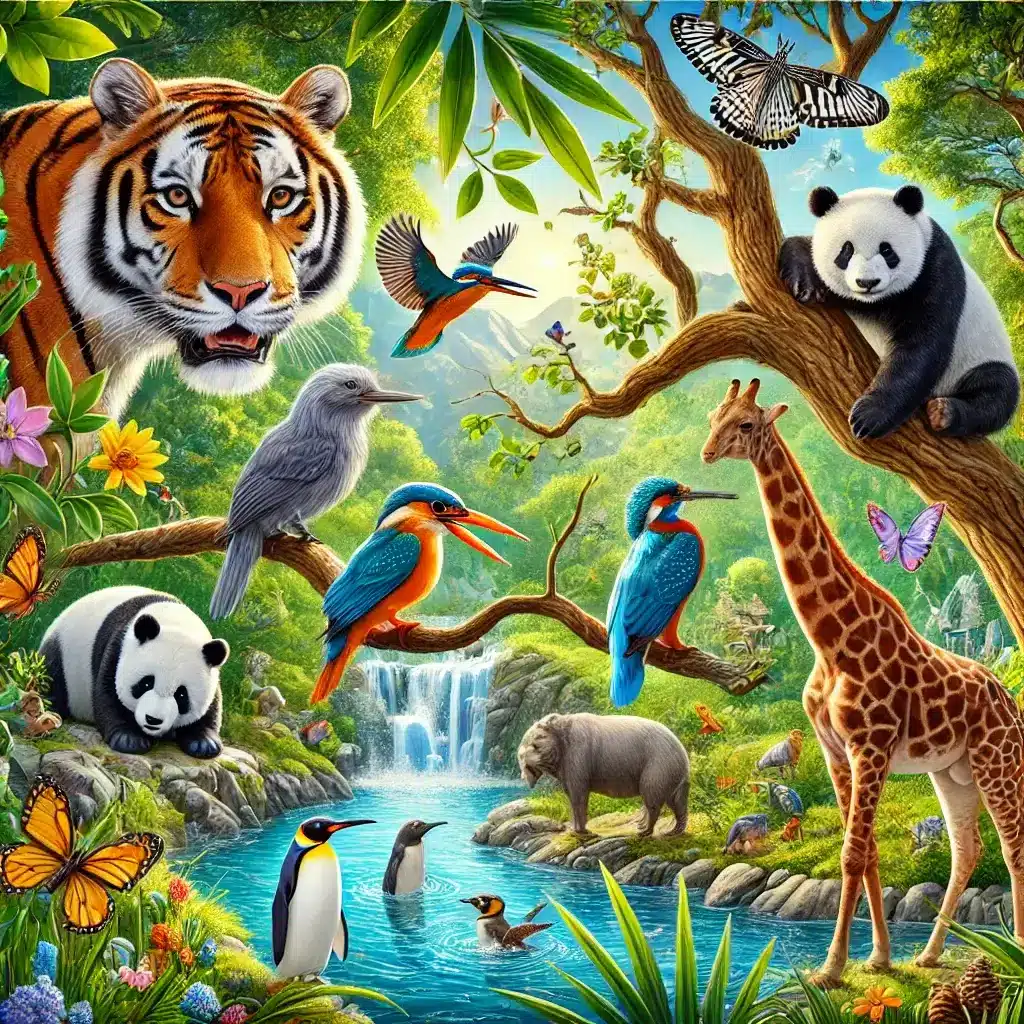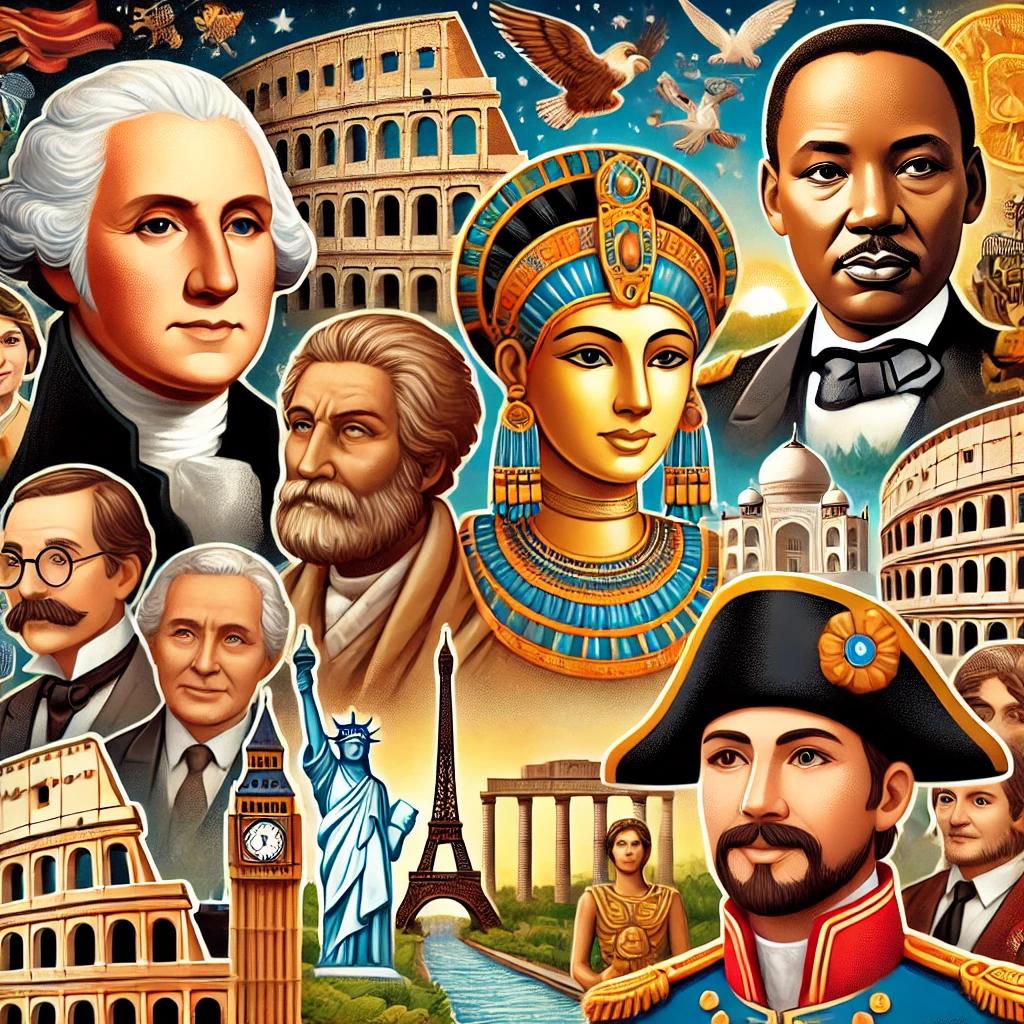In today’s interconnected world, geography plays a crucial role in shaping our understanding of the world around us. From the physical landscapes that captivate us to the cultural diversity that enriches our lives, geography is much more than just the study of maps and coordinates. Let’s dive into the fascinating world of geography and uncover some intriguing trivia facts that will leave you amazed.
Understanding the Importance of Geography
Geography is a fascinating subject that goes far beyond what we learn in classrooms or read in textbooks. It is a discipline that permeates every aspect of our daily lives, from the moment we wake up to the choices we make throughout the day.

One of the ways geography influences our decisions is through its impact on our daily routines. For example, when we wake up in the morning, one of the first things many of us do is check the weather forecast. This simple act is a direct result of geography. Understanding the physical features and climate patterns of a region helps us prepare for the day ahead, whether it’s deciding what to wear or planning outdoor activities.
Geography also plays a crucial role in our travel adventures. When we plan a trip, we consider factors such as the climate, natural attractions, and cultural heritage of a destination. These considerations are all rooted in geography. By understanding the physical characteristics of a place, we can make informed choices about where to go and what to do, ensuring a more enriching and enjoyable travel experience.
The Role of Geography in Shaping Cultures and Civilizations
While geography undoubtedly influences our daily lives, its impact goes far beyond our individual routines. It is intricately linked to the development of cultures and civilizations throughout history.
One of the ways geography shapes cultures and civilizations is through the availability of natural resources. The distribution of resources such as water, minerals, and fertile land has a profound impact on where people settle and how they live. For example, ancient river valley civilizations like the Nile in Egypt and the Indus in India thrived because of the fertile soil and access to water for agriculture. In contrast, regions with limited resources may struggle to support large populations and develop advanced societies.
Topography is another geographical factor that shapes cultures and civilizations. The physical features of a region, such as mountains, rivers, and coastlines, influence trade routes, transportation networks, and even the defense strategies of a society. Mountainous regions, for instance, often have isolated communities with distinct cultures and traditions, while coastal areas tend to be hubs of trade and cultural exchange.
Climate is yet another crucial aspect of geography that influences the development of cultures and civilizations. Water availability, temperature, and weather impact agriculture, influencing the economy and social structure. Arid regions innovate with irrigation systems to adapt to limited water resources.
From ancient river valley civilizations to modern cities, geography continues to play a pivotal role in shaping our world. By understanding the complex interplay between physical features, climate, and human societies, we can gain a deeper appreciation for the diverse cultures and civilizations that have emerged throughout history.
Unveiling the Fascinating World of Geography
Welcome to the fascinating world of geography, where we explore the wonders of our planet and the intricate relationship between humans and the environment. Let’s embark on a journey through the diverse realms of physical and human geography, uncovering captivating facts and awe-inspiring details that will leave you in awe.
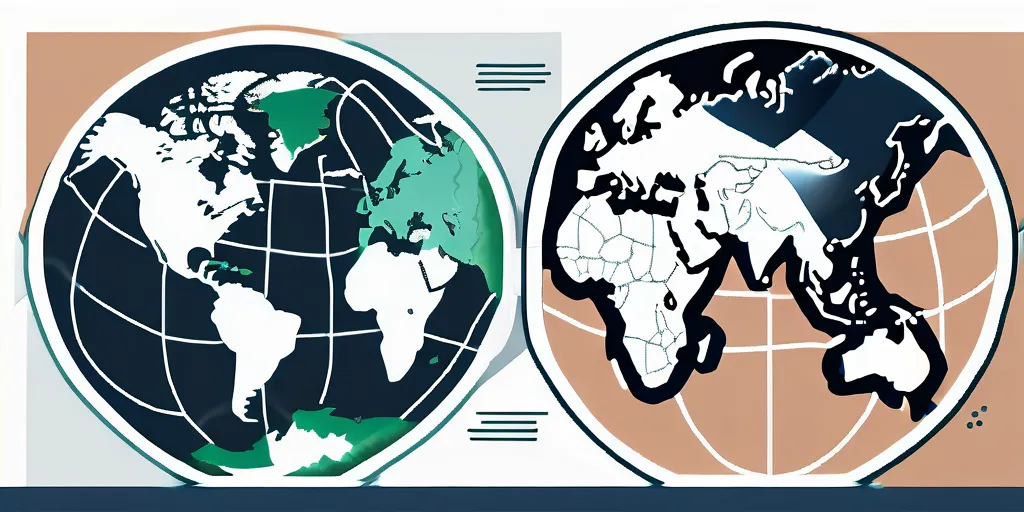
The Wonders of Physical Geography
Physical geography mesmerizes, exploring natural wonders from majestic mountains to enchanting coasts. Picture standing at Mount Everest’s base, the Earth’s tallest peak at 29,032 feet. Its snow-capped summit evokes awe, attracting adventurers worldwide to conquer nature’s greatest challenges.
Physical geography extends beyond mountains, encompassing diverse landscapes and phenomena shaping our world. Picture standing on the shores of the Great Barrier Reef, Earth’s largest coral system. Dive into its crystal-clear waters, encountering a vibrant underwater paradise—a UNESCO World Heritage site and a testament to the delicate balance between humans and the environment.
The Intricacies of Human Geography
While physical geography showcases the wonders of nature, human geography delves into the patterns and processes of human interaction with the environment. It unravels the intricate tapestry of human cultures, societies, and their relationship with the world around them. Let’s take a closer look at one of the most captivating cities on Earth – Tokyo.
With its ever-bustling streets and towering skyscrapers, Tokyo is a city that never sleeps. Did you know that it is the most populated city globally, with over 37 million residents? As you walk through its vibrant neighborhoods, you can’t help but be amazed by the seamless blend of ancient traditions and modern innovations. From the tranquil gardens of the Imperial Palace to the bustling shopping districts of Shibuya and Shinjuku, Tokyo encompasses the epitome of human ingenuity and urban development.
But Tokyo is not just a city of concrete and steel; it is a city of contrasts. Step into the historic district of Asakusa, and you’ll find yourself transported back in time, surrounded by traditional wooden houses and the iconic Senso-ji Temple. Take a stroll along the banks of the Sumida River, and you’ll witness the mesmerizing beauty of cherry blossoms in full bloom during springtime, a sight that has inspired poets and artists for centuries.
Exploring human geography unveils stories of people and their land connections, from the Sahara’s nomads to the Amazon’s indigenous communities. It illuminates diverse human experiences and the reciprocal impact of our surroundings.
So, join us on this captivating journey through the world of geography, where every corner of our planet holds a story waiting to be discovered. Whether it’s the towering peaks of Mount Everest or the bustling streets of Tokyo, geography invites us to explore, appreciate, and protect the wonders of our world.
The Top 10 Geography Trivia Facts
Fact 1: The Largest Country by Land Area
Russia claims the title for the largest country by land area, spanning an astonishing 17.1 million square kilometers. It is a vast expanse that stretches across two continents, captivating explorers and inspiring a sense of wonder.
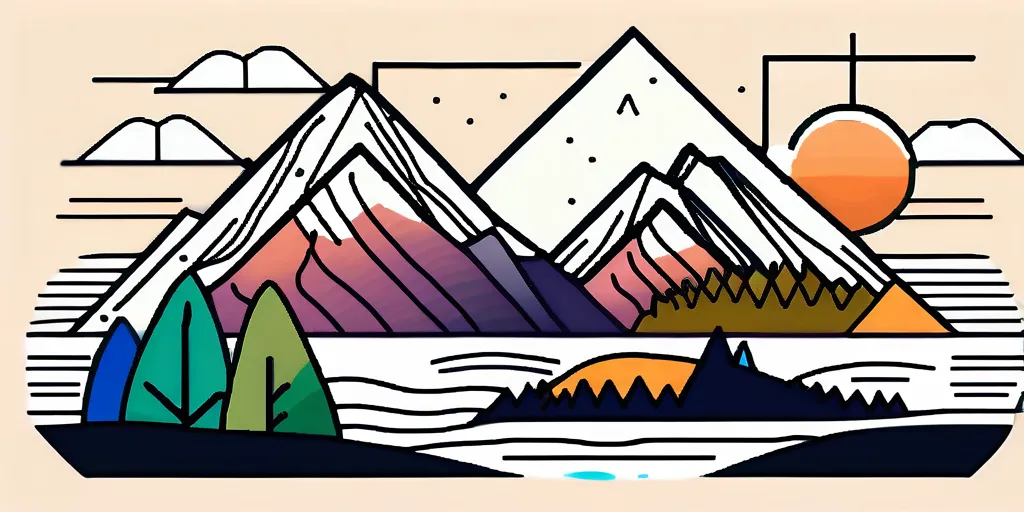
Fact 2: The Smallest Country in the World
Vatican City, nestled within the heart of Rome, holds the honor of being the smallest country on Earth. With an area of just 0.44 square kilometers, it is home to magnificent treasures such as St. Peter’s Basilica and the Sistine Chapel.
Fact 3: The Longest River on Earth
The Nile, Egypt’s lifeblood, is the world’s longest river at about 6,650 kilometers. It has witnessed the rise and fall of civilizations along its banks, leaving behind an indelible mark on human history.
Fact 4: The Highest Mountain Peak
Mount Everest, located in the breathtaking Himalayas, stands tall as the highest peak on Earth. Its summit reaches a lofty altitude of 29,032 feet above sea level, symbolizing the indomitable spirit of human perseverance.
Fact 5: The Deepest Point in the Ocean
The Mariana Trench, in the western Pacific, is Earth’s deepest point at around 36,070 feet. Descending to its depths is akin to exploring an alien world beneath the waves.
Fact 6: The Most Populated City
When it comes to bustling cities and lively populations, Shanghai takes the crown with over 26 million inhabitants. This Chinese metropolis exudes energy and innovation, showcasing the dynamic nature of urban life.
Fact 7: The Country with the Most Languages Spoken
Papua New Guinea, a culturally rich nation in the Pacific, boasts the highest number of languages spoken within its borders. With over 850 known languages, this vibrant country exemplifies the diversity and linguistic prowess of humanity.
Fact 8: The Hottest and Coldest Places on Earth
In the scorching deserts of Iran’s Lut Desert, temperatures can soar to a blistering 159 degrees Fahrenheit (70 degrees Celsius). On the flip side, Antarctica boasts the coldest temperature ever recorded: -128.6°F (-89.2°C).
Fact 9: The Country with the Most Neighboring Countries
China, with its vast territorial expanse, shares borders with an impressive 14 countries. This extensive network of international boundaries highlights China’s influence and connectivity within its region.
Fact 10: The Oldest Known Map
The Babylonian Map of the World, dating back to the 6th century BCE, is the oldest known surviving map. This ancient artifact depicts the world as a flat disk surrounded by water, revealing the early human fascination with charting the unknown.
Exploring these geography trivia facts reveals that geography is a gateway to understanding our world— from landscapes to diverse cultures, it invites us to marvel at our planet.
For more interesting topics on Quiiiz –
10 Fun Sports Trivia Questions to Test Your Knowledge
